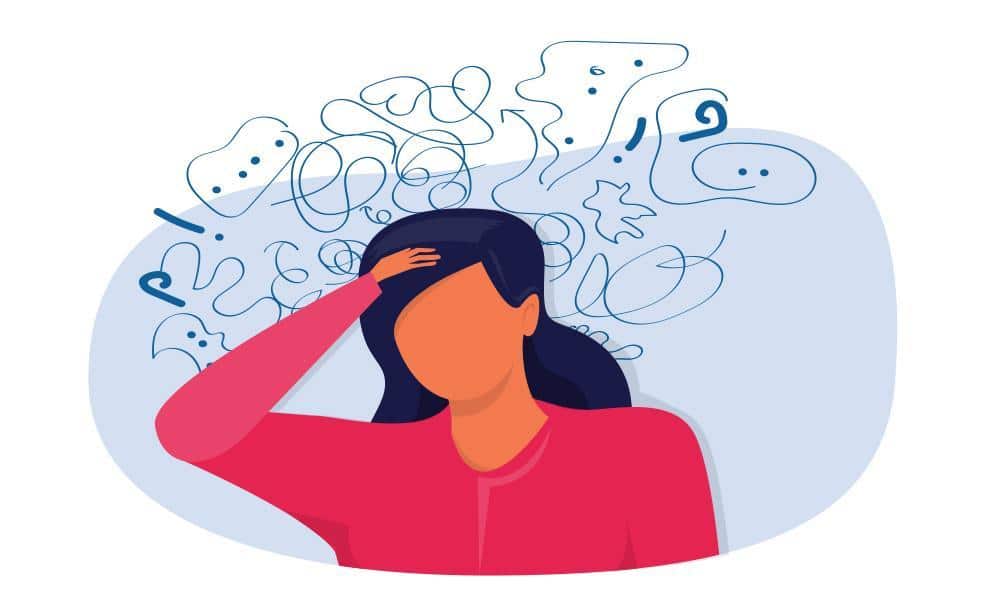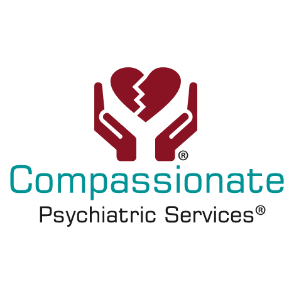
Post-traumatic stress disorder (PTSD) is caused by witnessing or being part of a frightening or shocking event, affecting your day-to-day life and productivity. Those who suffer from PTSD often struggle with frequent, intense, and often debilitating anxiety. With such strong symptoms and without positive coping skills, people turn to unhealthy coping mechanisms like substance and alcohol use.
There are many healthy ways to cope with the PTSD symptoms of anxiety, flashbacks, sleep disturbances, and mood disorders, which are successful and can lessen the frequency and/or make symptoms more tolerable.
Below are some positive behavioral changes you can make to experience relief from your PTSD symptoms.
- Mindful meditation techniques have a positive effect on PTSD symptoms. By practicing mindful-based meditation, you reduce anxiety and self-blame felt by people diagnosed with PTSD. Focusing on breath during meditation trains the mind to stay in the moment, without getting immersed in intrusive and distressing thoughts as symptoms of PTSD.
- Focus on physical activity that brings you joy, any and all physical activity is proven to improve mood and increase dopamine, the hormone responsible for feeling good.
- Pets used as emotional companions help those affected by PTSD cope with or interrupt negative thoughts and symptoms.
- The use of Breath, by focusing on the inhale and exhale forces the focus to be on your breath instead of succumbing to the thoughts and feelings that cause despair and anxiety.
- Progressive muscle relaxation is the focus on tensing and relaxing different muscle groups throughout the body. This method trains the habit of relaxing the muscle, immediately following the tensing of that muscle. For many people, this habit is helpful as anxiety often includes the tensing of muscles as a result.
- Self-monitoring and awareness are helpful habits for handling symptoms of PTSD. Through a state of awareness, you can monitor how you’re feeling and why thus providing feelings of control where you can manage your unpredictable triggered feelings.
- Create a social system for support. Having people, you can reach out to for support helps with overcoming the negative effects of PTSD symptoms.
- Learning to self-soothe during a triggering event is a positive coping mechanism and a habit worth practicing.
- Journaling to express your thoughts, as a way to get them out of your body and process them to paper through your pen, improves both physical and psychological health.
- Using distraction as a technique to temporarily take your mind off those strong, triggering emotions of PTSD is a positive coping mechanism.
Traumatic events can cause physical symptoms like sweating, chest pains, stomach issues, and unexplained aches and pains, which are all symptoms of PTSD. For professional help in treating your PTSD symptoms, contact Compassionate Psychiatric Services today at 469-200-4093.


